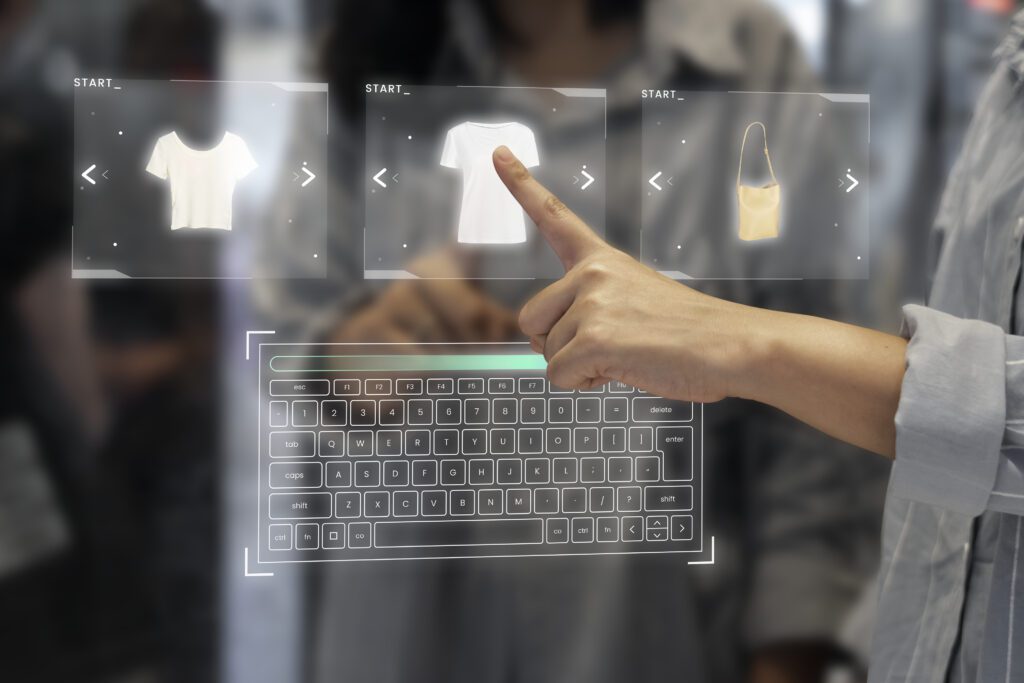As part of an ongoing partnership between the two companies, PayPal will now process some of the credit and debit card transactions for Shopify Payments in the U.S.
Additionally, PayPal’s wallet will be integrated into Shopify Payments in the U.S., unifying numerous merchant services like payouts, reporting, and chargebacks into a single solution. A few years ago, PayPal introduced similar functionality for Shopify shoppers in France, and the U.S. integration is expected to be operational in a few weeks, according to PayPal President and CEO Alex Criss.
“This aligns with the strategy that Criss has rolled out since taking the helm as CEO,” said Don Apgar, Director of Merchant Payments at Javelin Strategy & Research. “Criss’ predecessor Dan Shulman focused more on growing the PayPal franchise through new users, but a slew of fintechs popped up offering competing services. In contrast, Criss has focused more on adding value and increasing utility for the existing PayPal user base, both consumer and merchant.”
Brokering Deals
Chriss has recently brokered deals with Adyen and Fiserv, both aimed at incorporating PayPal Fastlane into their checkout process. Fastlane offers a one-click checkout experience that can speed up transactions by up to 40%, according to PayPal.
The company has also beefed up its debit card in recent weeks, adding support for use at brick-and-mortar stores and integration with Apple Wallet.
A Better Customer Experience
The Shopify integration should be another boost for the payments platform—Shopify processed over $41.1 billion in gross payments volume in Q2 24 alone. Meanwhile, PayPal’s more than 278 million U.S. users are likely to have a significant impact on its platform as well.
Shopify runs a third-party marketplace that many small businesses use to create an online presence. The PayPal integration will offer these merchants a more secure payments option.
“This integration with Shopify, along with the PayPal’s Fastlane product, makes paying with PayPal easier for consumers while offering better fraud prevention for merchants,” Apgar said. “The overall reduction in checkout friction benefits both consumers and merchants with reduced cart abandonment and a better customer experience at checkout.”
